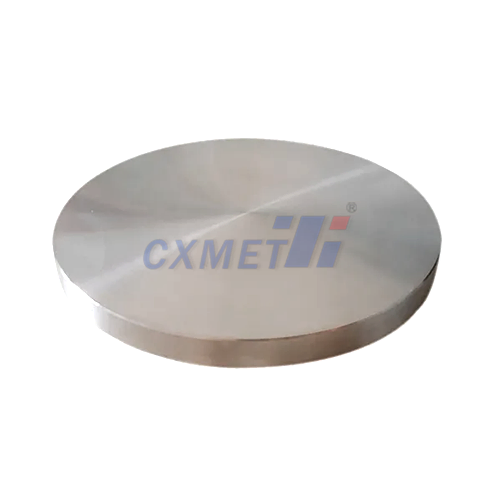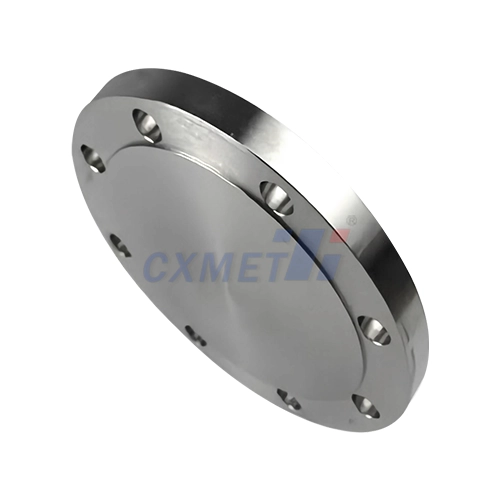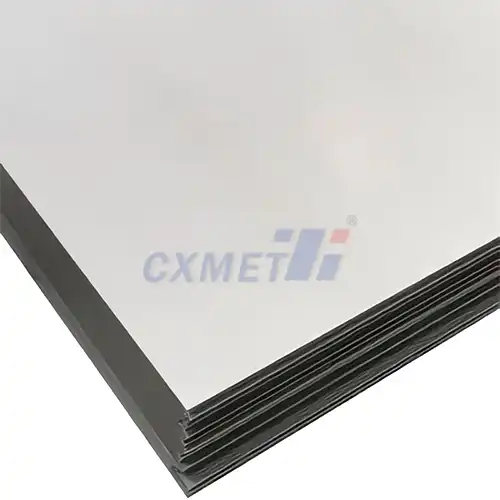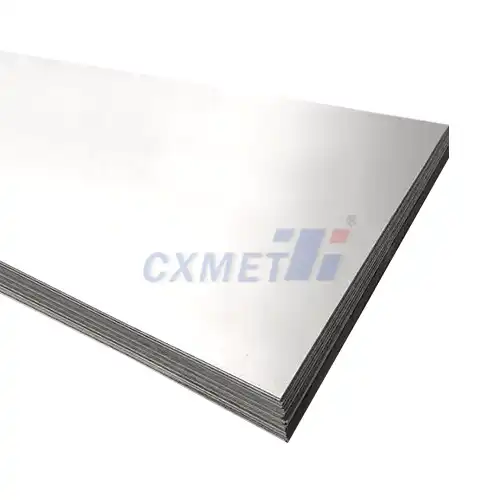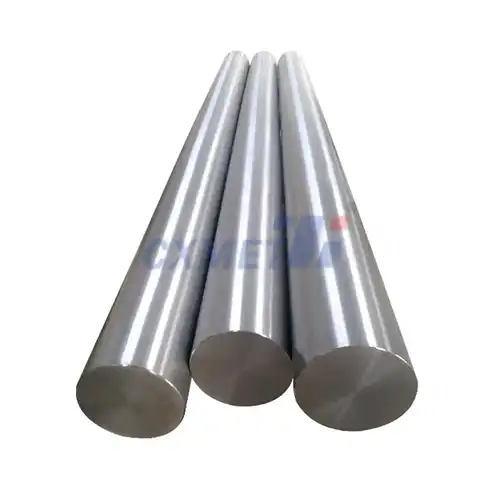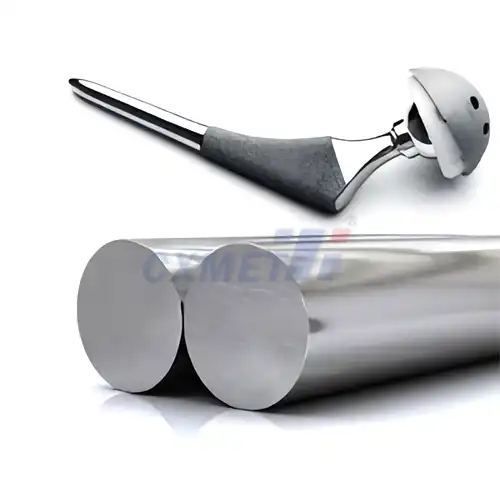- English
- French
- German
- Portuguese
- Spanish
- Russian
- Japanese
- Korean
- Arabic
- Greek
- German
- Turkish
- Italian
- Danish
- Romanian
- Indonesian
- Czech
- Afrikaans
- Swedish
- Polish
- Basque
- Catalan
- Esperanto
- Hindi
- Lao
- Albanian
- Amharic
- Armenian
- Azerbaijani
- Belarusian
- Bengali
- Bosnian
- Bulgarian
- Cebuano
- Chichewa
- Corsican
- Croatian
- Dutch
- Estonian
- Filipino
- Finnish
- Frisian
- Galician
- Georgian
- Gujarati
- Haitian
- Hausa
- Hawaiian
- Hebrew
- Hmong
- Hungarian
- Icelandic
- Igbo
- Javanese
- Kannada
- Kazakh
- Khmer
- Kurdish
- Kyrgyz
- Latin
- Latvian
- Lithuanian
- Luxembou..
- Macedonian
- Malagasy
- Malay
- Malayalam
- Maltese
- Maori
- Marathi
- Mongolian
- Burmese
- Nepali
- Norwegian
- Pashto
- Persian
- Punjabi
- Serbian
- Sesotho
- Sinhala
- Slovak
- Slovenian
- Somali
- Samoan
- Scots Gaelic
- Shona
- Sindhi
- Sundanese
- Swahili
- Tajik
- Tamil
- Telugu
- Thai
- Ukrainian
- Urdu
- Uzbek
- Vietnamese
- Welsh
- Xhosa
- Yiddish
- Yoruba
- Zulu
How does Titanium 6Al-4V Grade 5 Round Bar perform in aerospace applications?
2025-07-22 10:48:07
Titanium 6Al-4V Grade 5 Round Bar is a high-performance alloy that has become an integral component in the aerospace industry. This versatile material combines exceptional strength-to-weight ratio, corrosion resistance, and biocompatibility, making it an ideal choice for various critical applications in aircraft and spacecraft manufacturing. As we delve into the performance of Titanium 6Al-4V Grade 5 Round Bar in aerospace applications, we'll explore its unique properties, advantages, and specific use cases that have made it a preferred material for engineers and designers in the field.
|
|
|
What are the key properties of Titanium 6Al-4V Grade 5 Round Bar that make it suitable for aerospace applications?
Titanium 6Al-4V Grade 5 Round Bar possesses a unique combination of properties that make it exceptionally well-suited for aerospace applications. These properties contribute to its superior performance in demanding environments and under extreme conditions often encountered in aviation and space exploration.
First and foremost, the alloy's outstanding strength-to-weight ratio is a crucial factor in its widespread adoption in the aerospace industry. Titanium 6Al-4V Grade 5 offers a density of approximately 4.43 g/cm³, which is significantly lower than that of steel (around 7.85 g/cm³) while maintaining comparable strength. This characteristic allows engineers to design lighter components without compromising structural integrity, ultimately leading to improved fuel efficiency and increased payload capacity in aircraft and spacecraft.
Corrosion resistance is another key property that sets Titanium 6Al-4V Grade 5 apart from other materials. The alloy forms a stable, protective oxide layer on its surface when exposed to oxygen, providing excellent resistance to various corrosive environments. This feature is particularly valuable in aerospace applications, where components are often subjected to harsh conditions, including exposure to saltwater, high humidity, and extreme temperatures.
The material's high strength and fatigue resistance are crucial for aerospace applications. Titanium 6Al-4V Grade 5 Round Bar exhibits a tensile strength ranging from 895 to 1000 MPa, depending on the heat treatment and processing methods. This high strength, combined with good fatigue properties, ensures that components can withstand the cyclic loading and vibrations experienced during flight operations.
Temperature resistance is another significant advantage of Titanium 6Al-4V Grade 5. The alloy maintains its mechanical properties over a wide range of temperatures, from cryogenic conditions to elevated temperatures of up to 400°C (752°F). This characteristic makes it suitable for use in various parts of aircraft and spacecraft, including engine components and structural elements that may be exposed to extreme temperature variations.
The biocompatibility of Titanium 6Al-4V Grade 5 is an added benefit, although not directly related to its aerospace applications. This property has led to its use in medical implants and prosthetics, showcasing the versatility of the material beyond the aerospace industry.
Lastly, the machinability and weldability of Titanium 6Al-4V Grade 5 Round Bar contribute to its popularity in aerospace manufacturing. While titanium alloys are generally more challenging to machine than some other metals, advancements in cutting tools and machining techniques have made it possible to efficiently produce complex components from this material. Additionally, the alloy can be welded using various methods, including TIG (Tungsten Inert Gas) and electron beam welding, allowing for the fabrication of intricate structures and assemblies.
How does Titanium 6Al-4V Grade 5 Round Bar compare to other materials used in aerospace manufacturing?
When comparing Titanium 6Al-4V Grade 5 Round Bar to other materials used in aerospace manufacturing, it becomes evident why this alloy has gained such prominence in the industry. The comparison typically involves materials such as aluminum alloys, stainless steel, and other high-performance metals and composites.
Aluminum alloys, particularly those in the 2000 and 7000 series, have been widely used in aerospace applications due to their low density and good strength-to-weight ratio. However, Titanium 6Al-4V Grade 5 outperforms these alloys in several key areas. While aluminum alloys have a lower density (around 2.7 g/cm³), Titanium 6Al-4V offers superior strength, with a typical yield strength of 828 MPa compared to 450-500 MPa for high-strength aluminum alloys. This means that for load-bearing applications, titanium components can be designed with thinner cross-sections, potentially offsetting the weight difference.
Compared to stainless steel, Titanium 6Al-4V Grade 5 offers significant weight savings while maintaining comparable strength. The density of stainless steel is nearly twice that of titanium, making the latter an attractive option for weight-critical applications. Additionally, titanium's corrosion resistance is generally superior to that of stainless steel, particularly in marine environments where salt exposure is a concern.
In terms of fatigue performance, Titanium 6Al-4V Grade 5 exhibits excellent properties, often surpassing both aluminum and steel alloys. This characteristic is crucial for components subjected to cyclic loading, such as aircraft structural elements and engine parts. The superior fatigue resistance of titanium allows for longer service life and potentially reduced maintenance requirements.
When considering high-temperature applications, Titanium 6Al-4V Grade 5 maintains its mechanical properties at higher temperatures compared to aluminum alloys. While specialized high-temperature steels and nickel-based superalloys may offer better performance at extreme temperatures, titanium provides a good balance of strength, weight, and temperature resistance for many aerospace applications.
Composite materials, particularly carbon fiber-reinforced polymers (CFRP), have gained significant traction in aerospace manufacturing due to their excellent strength-to-weight ratio and design flexibility. While composites can offer weight savings over titanium in some applications, Titanium 6Al-4V Grade 5 still holds advantages in areas requiring high temperature resistance, impact resistance, and ease of repair. Furthermore, titanium's compatibility with composites has led to its use in hybrid structures, combining the benefits of both materials.
In terms of cost, Titanium 6Al-4V Grade 5 is generally more expensive than aluminum alloys and many steels. However, its superior properties and long-term performance often justify the higher initial cost, especially when considering the total lifecycle cost of aerospace components. The reduced weight of titanium components can lead to significant fuel savings over the operational life of an aircraft, offsetting the higher material costs.
Manufacturability is another important consideration. While titanium can be more challenging to machine than aluminum or steel, advancements in manufacturing technologies have improved the efficiency of titanium component production. The ability to use additive manufacturing techniques, such as 3D printing, with Titanium 6Al-4V powder has opened up new possibilities for complex geometries and weight optimization in aerospace applications.
What are some specific applications of Titanium 6Al-4V Grade 5 Round Bar in aircraft and spacecraft design?
Titanium 6Al-4V Grade 5 Round Bar finds numerous applications in both aircraft and spacecraft design, leveraging its unique combination of properties to enhance performance, reliability, and efficiency. These applications span various systems and components, from structural elements to critical engine parts.
In aircraft design, one of the most prominent applications of Titanium 6Al-4V Grade 5 is in the construction of structural components. The material is widely used in the airframe, particularly in areas that require high strength and fatigue resistance. For example, titanium is often employed in the construction of wing box structures, which are critical load-bearing elements that connect the wings to the fuselage. The high strength-to-weight ratio of Titanium 6Al-4V allows for the design of lighter yet robust wing structures, contributing to improved fuel efficiency and performance.
Landing gear components represent another significant application of Titanium 6Al-4V Grade 5 in aircraft. The material's high strength, fatigue resistance, and corrosion resistance make it ideal for manufacturing landing gear struts, brackets, and other structural elements. These components must withstand high loads during takeoff and landing, as well as resist corrosion from exposure to various environmental conditions.
In aircraft engines, Titanium 6Al-4V Grade 5 plays a crucial role in several components. Fan blades, compressor blades, and discs are often manufactured from this alloy due to its excellent strength-to-weight ratio and fatigue resistance. The material's ability to maintain its properties at elevated temperatures also makes it suitable for use in engine casings and other components exposed to high temperatures during operation.
Hydraulic systems in aircraft often utilize Titanium 6Al-4V Grade 5 for the production of tubing and fittings. The material's corrosion resistance and high strength make it an excellent choice for these applications, where reliability and lightweight design are paramount. Additionally, the alloy's compatibility with various hydraulic fluids ensures long-term performance and safety.
In spacecraft design, Titanium 6Al-4V Grade 5 finds applications in both structural and propulsion systems. The material is used in the construction of pressure vessels, such as fuel tanks and gas storage containers, where its high strength-to-weight ratio allows for efficient storage of propellants and other gases. The alloy's excellent fatigue properties and resistance to stress corrosion cracking make it well-suited for these critical components.
Spacecraft structural elements, including support struts, brackets, and fasteners, often utilize Titanium 6Al-4V Grade 5. The material's ability to withstand the extreme temperature variations encountered in space, combined with its high strength and low weight, make it an ideal choice for these applications. In some cases, titanium components are used in conjunction with composite materials to create hybrid structures that optimize weight and performance.
Propulsion systems in spacecraft also benefit from the properties of Titanium 6Al-4V Grade 5. The alloy is used in the construction of rocket engine components, such as nozzles and combustion chambers, where its high strength at elevated temperatures and resistance to erosion are crucial. Additionally, titanium's compatibility with various propellants and its resistance to stress corrosion cracking contribute to the reliability and longevity of these critical systems.
In conclusion, Titanium 6Al-4V Grade 5 Round Bar has proven to be an invaluable material in aerospace applications, offering a unique combination of properties that enable the design and manufacture of high-performance, reliable, and efficient aircraft and spacecraft components. Its widespread use across various systems and structures underscores its versatility and importance in advancing aerospace technology.
At SHAANXI CXMET TECHNOLOGY CO., LTD, we take pride in our extensive product range, which caters to diverse customer needs. Our company is equipped with outstanding production and processing capabilities, ensuring the high quality and precision of our products. We are committed to innovation and continuously strive to develop new products, keeping us at the forefront of our industry. With leading technological development capabilities, we are able to adapt and evolve in a rapidly changing market. Furthermore, we offer customized solutions to meet the specific requirements of our clients. If you are interested in our products or wish to learn more about the intricate details of our offerings, please do not hesitate to contact us at sales@cxmet.com. Our team is always ready to assist you.
References
- ASM International. (2015). Titanium: A Technical Guide. ASM International.
- Boyer, R., Welsch, G., & Collings, E. W. (1994). Materials Properties Handbook: Titanium Alloys. ASM International.
- Leyens, C., & Peters, M. (Eds.). (2003). Titanium and Titanium Alloys: Fundamentals and Applications. John Wiley & Sons.
- Peters, M., Kumpfert, J., Ward, C. H., & Leyens, C. (2003). Titanium alloys for aerospace applications. Advanced Engineering Materials, 5(6), 419-427.
- Donachie, M. J. (2000). Titanium: A Technical Guide. ASM International.
- Inagaki, I., Takechi, T., Shirai, Y., & Ariyasu, N. (2014). Application and features of titanium for the aerospace industry. Nippon Steel & Sumitomo Metal Technical Report, 106, 22-27.
- Williams, J. C., & Starke Jr, E. A. (2003). Progress in structural materials for aerospace systems. Acta Materialia, 51(19), 5775-5799.
- Lütjering, G., & Williams, J. C. (2007). Titanium. Springer Science & Business Media.
- Veiga, C., Davim, J. P., & Loureiro, A. J. R. (2012). Properties and applications of titanium alloys: A brief review. Reviews on Advanced Materials Science, 32(2), 133-148.
- Kosaka, Y., & Fox, S. P. (2004). Advances in beta titanium alloys for aerospace applications. In Beta Titanium Alloys in the 1990's (pp. 447-457). TMS.


